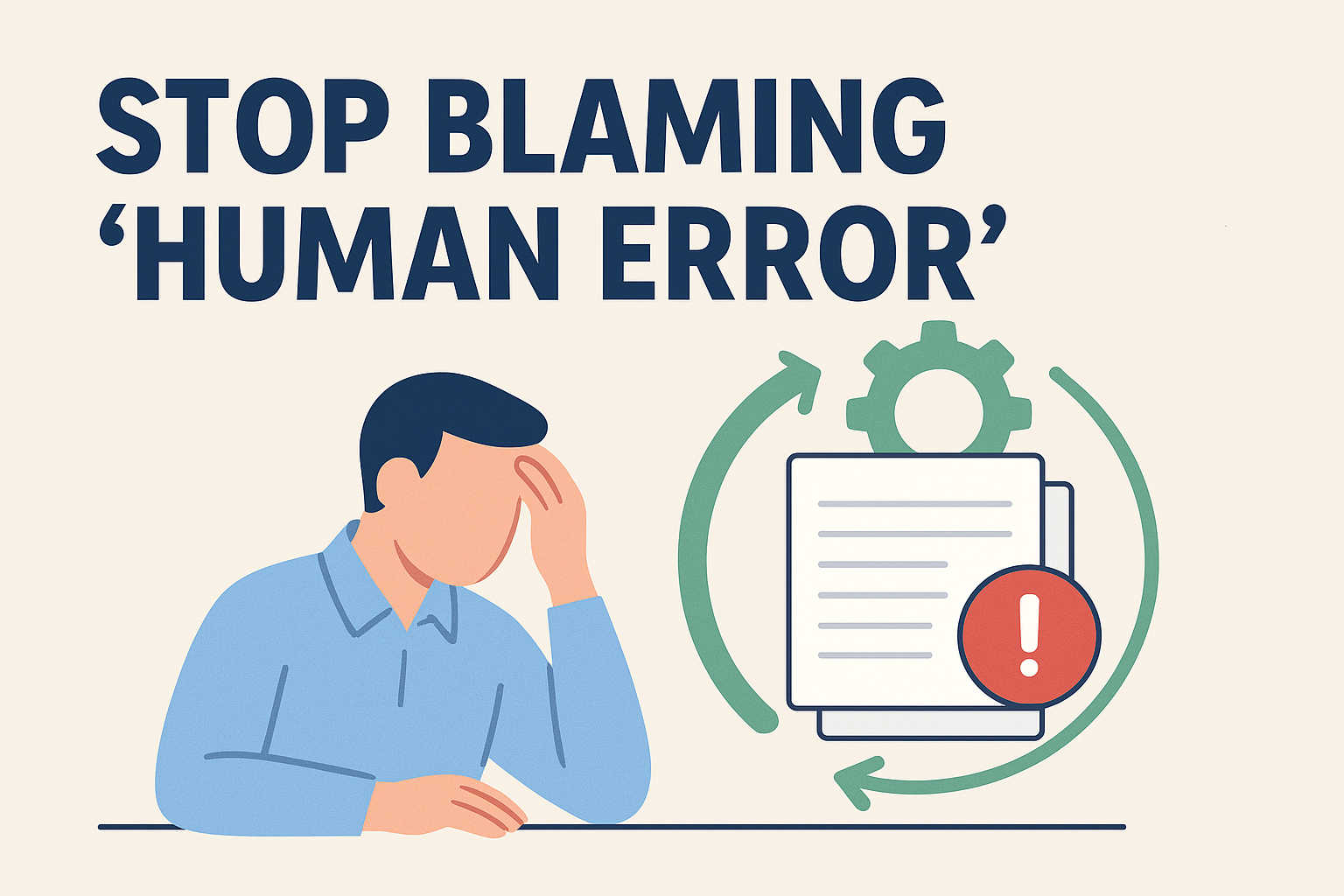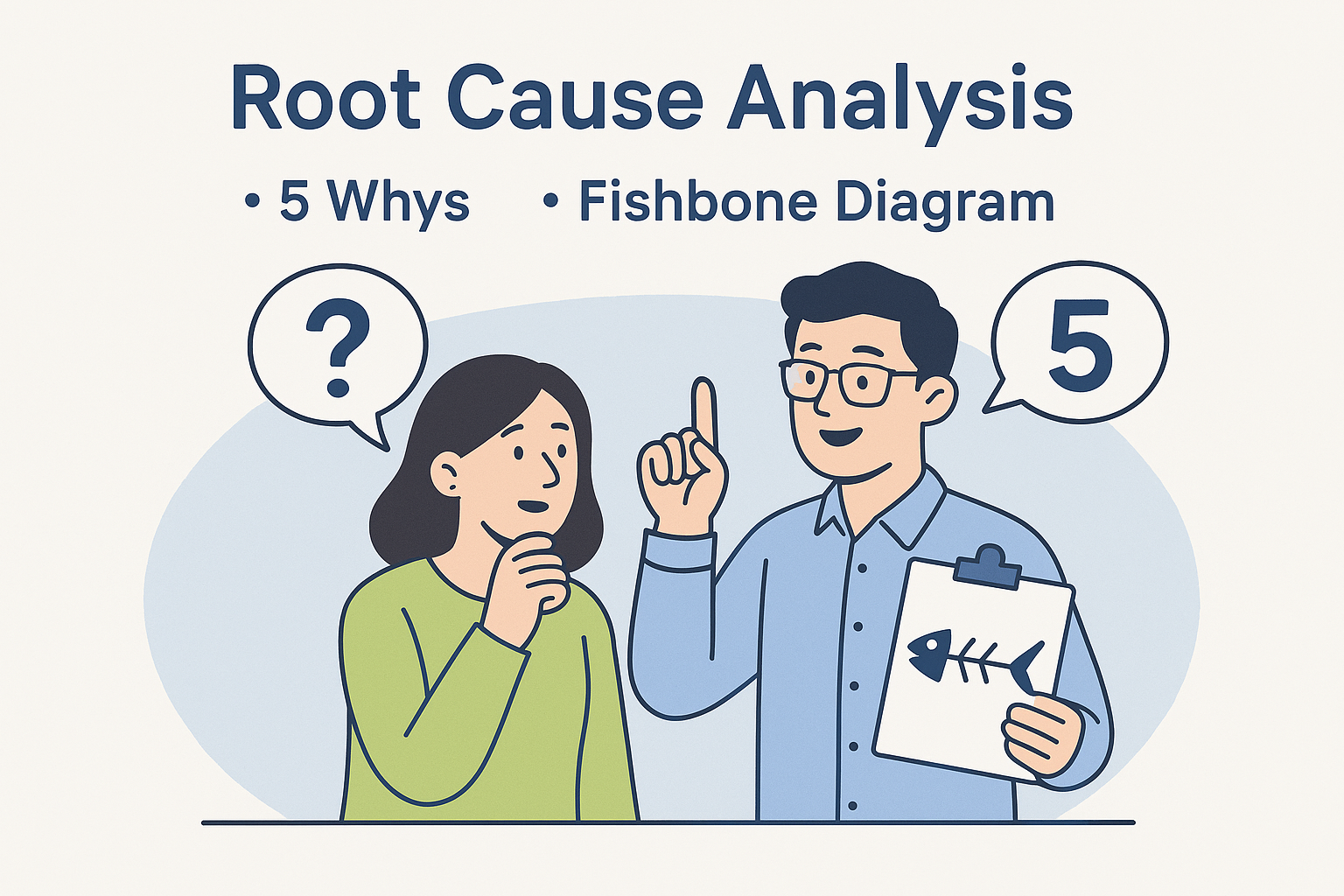Mohamad-Ali Salloum is a Pharmacist and science writer. He loves simplifying science to the general public and healthcare students through words and illustrations. When he's not working, you can usually find him in the gym, reading a book, or learning a new skill.
Move Your Body, Heal Your Mind: Why Exercise Might Be the Best Medicine for Mental Health
Share
In a world where mental health challenges are on the rise, a groundbreaking study published in 2023 in the British Journal of Sports Medicine has delivered a powerful message: physical activity is more effective than counselling or antidepressants in reducing symptoms of depression, anxiety, and psychological distress.
Let’s break down what this means—and why it matters to you.
🧠 What Did the Study Find?
This wasn’t just any study. It was a meta-analysis, which means researchers reviewed and combined data from 97 systematic reviews, covering over 1,000 clinical trials and more than 128,000 participants. That’s a massive pool of evidence.
Here’s what they discovered:
- Exercise was 1.5 times more effective than traditional treatments like therapy or medication.
- Short-term programs (12 weeks or less) showed the biggest improvements in mental health.
- All types of exercise helped, including walking, jogging, resistance training, yoga, and even dancing.
- People with depression, anxiety, pregnancy-related mood disorders, and chronic illnesses like HIV or kidney disease saw the most benefit.
🧬 Why Does Exercise Work So Well?
When you move your body, amazing things happen inside your brain:
- Endorphins(your natural feel-good chemicals) are released.
- Serotonin and dopamine levels increase—these are the same chemicals targeted by antidepressants.
- Your stress hormones like cortisol go down.
- Blood flow to the brain improves, boosting mood and cognitive function.
In simpler terms: exercise helps your brain reset, recharge, and rebalance.
🧬 The Brain Chemistry of Exercise
When you exercise, your body doesn’t just get stronger—your brain gets a chemical boost. Here are the key molecules involved:
- They help reduce pain and trigger positive feelings, similar to morphine.
- That “runner’s high” you hear about? It’s mostly endorphins at work.
- Serotonin helps regulate mood, sleep, appetite, and emotions.
- Low levels are linked to depression and anxiety.
- Exercise increases serotonin production and helps your brain use it more effectively.
- Dopamine is involved in reward, motivation, and pleasure.
- It’s what makes you feel good when you achieve something.
- Physical activity boosts dopamine levels, helping with focus, drive, and emotional resilience.
- BDNF supports the growth of new brain cells and strengthens existing ones.
- It’s crucial for learning, memory, and mental clarity.
- Exercise increases BDNF, especially in the hippocampus, the brain area linked to emotion and memory.
- Cortisol rises when you’re stressed.
- Chronic high levels can lead to anxiety, depression, and sleep issues.
- Regular physical activity helps regulate cortisol, keeping stress in check.
1. Endorphins – The Natural Painkillers
- These are feel-good chemicals released during physical activity.
2. Serotonin – The Mood Stabilizer
3. Dopamine – The Motivation Molecule
4. Brain-Derived Neurotrophic Factor (BDNF) – The Brain Fertilizer
5. Cortisol – The Stress Hormone
🧠 What Happens During and After Exercise?
Here’s a simplified timeline of what happens in your brain when you move:
| Time | Brain Activity |
|---|---|
| During exercise | Endorphins and dopamine surge, reducing pain and boosting mood. |
| Shortly after | Serotonin levels rise, calming the mind and improving emotional balance. |
| Long-term | BDNF increases, helping your brain grow stronger and more resilient. Cortisol levels stabilize. |
🏃♂️ Real-Life Analogy
Think of your brain like a garden:
- Exercise is the sunlight and water.
- BDNF is the fertilizer.
- Endorphins, serotonin, and dopamine are the blooming flowers.
- Cortisol is the weeds—exercise helps keep them under control.
🏋️ Real-Life Examples
Let’s say you’re feeling overwhelmed, anxious, or stuck in a rut. You might think you need a therapist or medication—and those can absolutely help. But what if you also tried:
- A 30-minute brisk walk every morning?
- Joining a local yoga class twice a week?
- Doing bodyweight exercises at home for 15 minutes a day?
These small steps can lead to big changes in how you feel—often faster than you’d expect.
📣 A Call to Action
This study sends a clear message: we need to rethink how we treat mental health.
- Start moving today —even a short walk counts.
- Talk to your doctor about incorporating exercise into your treatment plan.
- Support community programs that promote physical activity.
- Share this knowledge with friends, family, and coworkers.
Mental health is not just about medication or therapy. It’s also about movement, connection, and lifestyle.
Note: This article is for educational purposes and is not a substitute for professional medical advice.
References
1.Singh, B., et al. (2023). Effectiveness of physical activity interventions for improving depression, anxiety and distress: an overview of systematic reviews. British Journal of Sports Medicine. Link to study
2.World Health Organization. (2022). Mental health. WHO Website
List of Services
ABOUT THE AUTHOR
Mohamad-Ali Salloum, PharmD
Share
Recent articles:





















